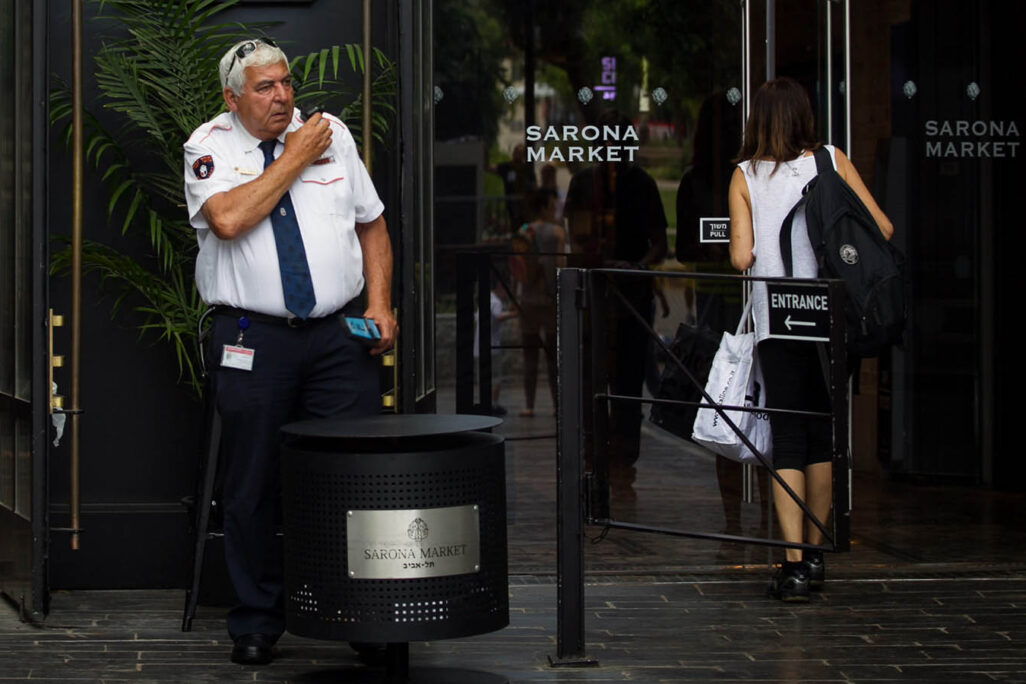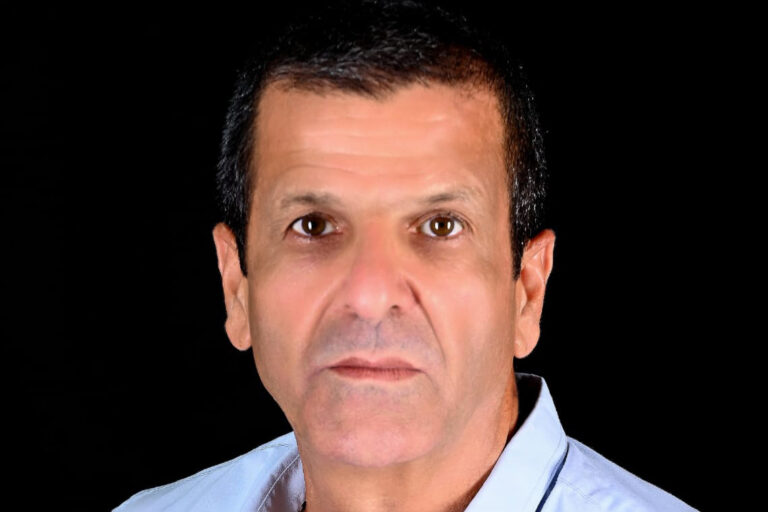
The Union of Security Workers in the Histadrut announced over the weekend that they will go on strike, unless the government grants an extension order on a collective agreement that would raise their wages by February 3rd. There are close to 100,000 security guards in Israel, and a strike would impact almost every part of the Israeli economy, including schools, hospitals and offices.
“Employees in the security industry have been waiting for an extension order to be signed [by the government] since March 2021,” Pini Schiff, chairman of the Israel Security Association, told Davar. “There are around 8,000 security guards waiting to obtain work, while companies are finding it very difficult to recruit workers.”
Schiff emphasized that the ability of employers to significantly raise wages in the security industry, with low profit margins, is nearly impossible.
“The main avenue for raising wages in an industry like ours are through collective agreements and an extension order that applies the agreements to the entire industry,” Schiff explained.

Yossi Barbie, chair of the Union of Security Workers and Nurses, shed light on the difficulties of working as a security guard.
“Security guards find themselves working in difficult and complex conditions,” he described. “Many times, security guards are required to stand for long hours, patrol, deal with harsh weather conditions, and other security threats. This line of work brings with it a degree of risk and danger to each employee.”
Barbie claims that security workers feel that the state has abandoned them.
“Sentiments of unrest among the security guards is very prevalent at the time,” Barbie said. “We hear it from the ground. They do a very important job and demand that their salary be commensurate with their work. Their salary should also be reflected in the training they have undergone.”
The Finance Ministry reneged on the extension order
“The last extension order signed in the security industry was in 2013,” Schiff explained. Since then, “nearly eight years have passed, during which security workers’ wages only rose because the minimum wage was raised.”
According to Schiff, this is not the first time that the union and the Histadrut have approached the government together with a joint collective agreement, requesting that it be extended to the entire industry.
“When we signed [the agreement], it was clear to us that until the new government was formed, progressing on this deal would need to take a pause, and so we waited patiently,” he said.

Schiff further elaborated that immediately after the formation of the government, he asked the Minister of the Economy Orna Barbivai to expedite the issue, and in August, Barbivai, announced that she intended to sign an extension order within 30 days. But the day before, the Finance Ministry reneged.
“It turns out that in 2019, the Deputy Attorney General issued a directive stating that any extension order that has a budgetary impact on government ministries also requires the approval of the Finance Ministry,“ he explained. “This is a new directive without any precedent, so Bar David and I reached out to the Ministry and the Finance Minister. Unfortunately, at the moment, they seemed preoccupied with other business.”
Schiff hopes that the Histadrut will not have to go on strike, citing the widespread impact of this action.
“I hope that the Finance Ministry will sober up and that this threat will remain on paper. The shutdown of the security industry is almost a general shutdown of the economy, as it means that there will be no security guards in government offices, local governments, educational institutions, hospitals and infrastructure bodies.”
According to him, the budget dispute with the Finance Ministry is not about a large sum, and he estimates that the cost of securing government ministries amounts to about 40 million shekels ($12.6 million) a year.
“It’s a small amount in relation to the state budget,” said Schiff. “It is a pity that such a threat should be reached at all.”
Barbie emphasized that to this day, the security industry has never gone on strike.
“We do not want there to be a strike,” he said. “We would not want to disable the security guards of educational institutions and kindergartens. But if the state does not respond, the strike will have a great response from the ground and the workers feel the [union and the Histadrut] have their backs.”
This article was translated from Hebrew by Zak Newbart.






